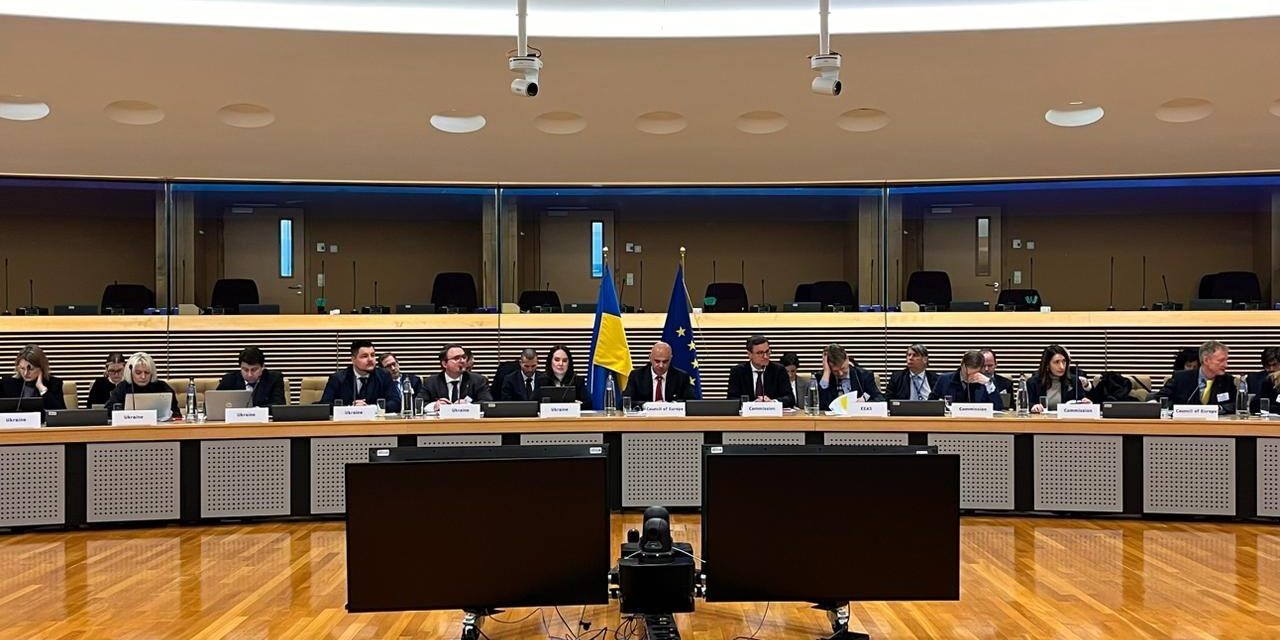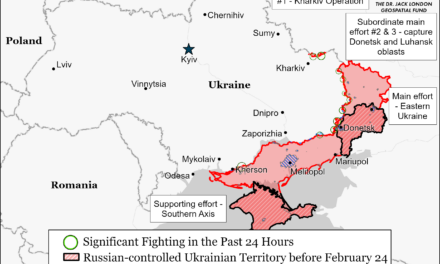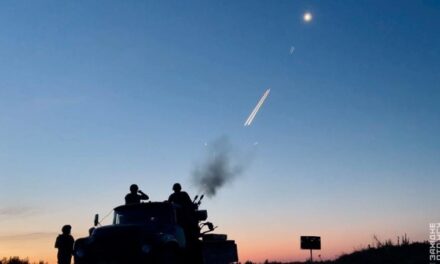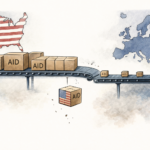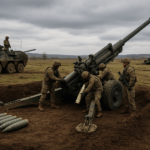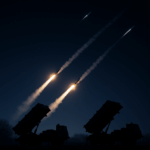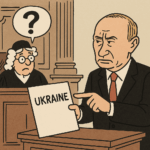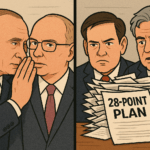On Europe Day, May 9, 2025, an international “Core Group” of states formally endorsed creating a special tribunal dedicated to prosecuting the crime of Russian aggression against Ukraine. Meeting in Lviv, the foreign ministers of Core Group countries were joined by Ukraine’s Prime Minister Denys Shmyhal, the EU’s High Representative Kaja Kallas, EU Commissioner Michael McGrath, and representatives of the Council of Europe. The session was moderated by Iryna Mudra, Deputy Head of the Office of the President of Ukraine, who has coordinated the legal track for building the tribunal. President Volodymyr Zelenskyy and Council of Europe Secretary General Alain Berset addressed participants by video, stressing that accountability for the decision to wage a war of conquest is a moral obligation, not just a legal exercise. Zelenskyy underscored that bringing those responsible into a courtroom is hard work, but that partners have chosen the path and must finish it. For more than two years, legal teams from Core Group members have worked together to close a persistent gap in international law surrounding the crime of aggression. That effort has now produced the draft constituent documents needed to set up the tribunal. The next procedural step will occur at the Council of Europe’s Committee of Ministers session in Luxembourg on May 13–14, where the formal establishment process is due to begin. To cap the Lviv meeting, participants adopted a joint concluding text—the “Lviv Statement”—signaling political consensus and readiness to move from design work to implementation. The announcement matters for three reasons. First, it consolidates a coalition approach: rather than relying solely on existing courts, states are committing to a bespoke mechanism aimed specifically at the leadership crime of aggression. Second, it shows that the project has crossed from concept into institution-building: drafts exist, a host organization (the Council of Europe) is queued to act, and timelines have been published. Third, it frames accountability as a pillar of European security, aligning justice efforts with broader support for Ukraine’s defense and reconstruction. In short, the Core Group’s endorsement transforms years of expert work into a concrete political process intended to ensure that the architects of Russia’s war face legal judgment for the original decision to attack Ukraine.
Core Group Backs Special Tribunal to Try Russia’s Aggression
